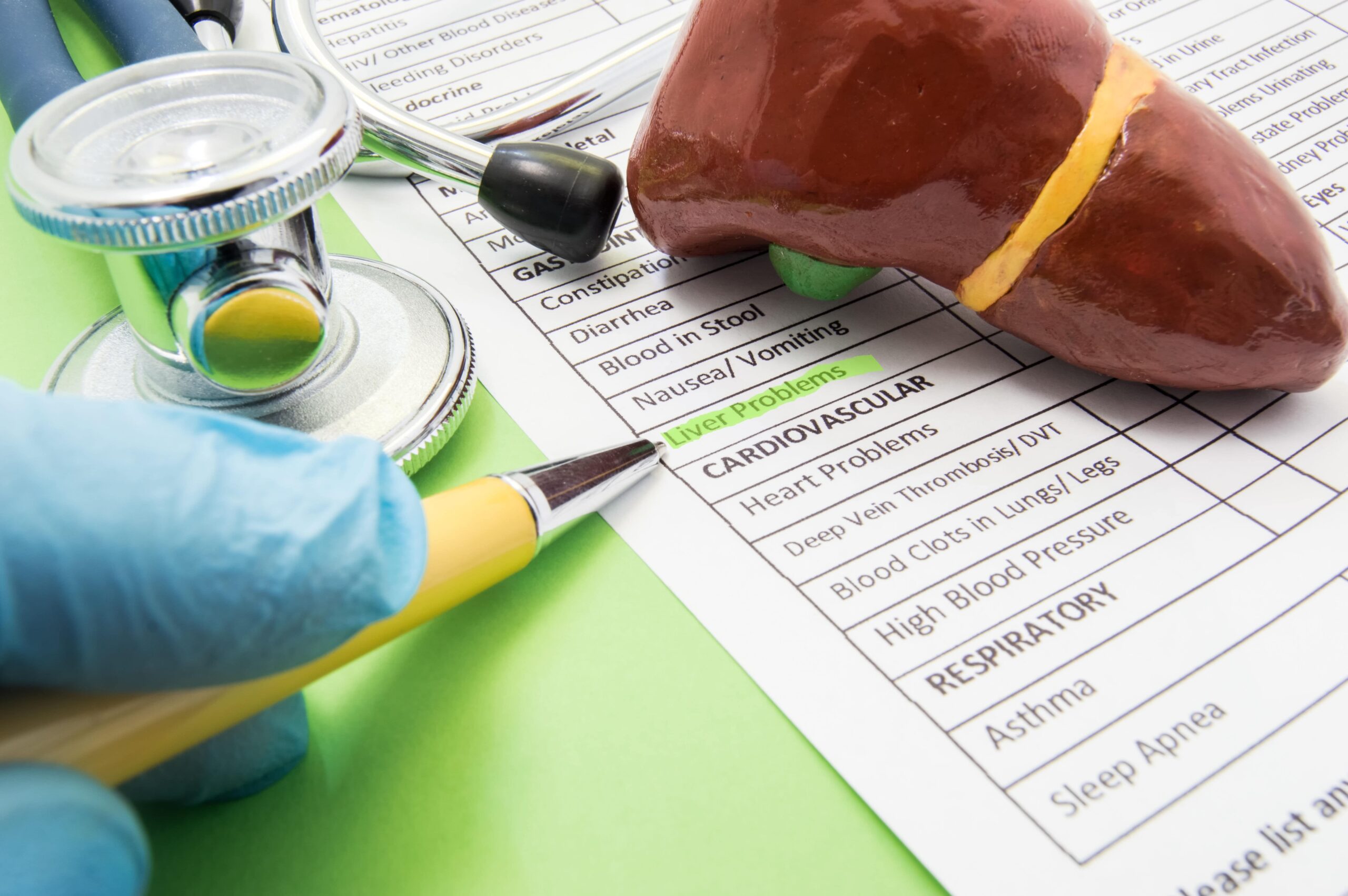
Who Is a Hepatologist?
A hepatologist is commonly known as a Liver doctor. Hepatologists are doctors specialized in diagnosing, treating, and overseeing issues related to the liver, gallbladder, bile ducts, and pancreas.
Hematology is often confused with Hepatology. But Hematology is the discipline concerned with the examination of blood and its associated diseases whereas hepatology focuses on diagnosing and treating disorders affecting the liver and its affiliated organs.
Hepatologists are in-demand now-a-days because of rising cases of liver related ailments such as cirrhosis, fatty liver disease, and hepatitis.
Liver-related fatalities in India have surged to a significant number of 268,580 annually, constituting 3.17% of total deaths, and accounting for 18.3% of the worldwide 2 million liver-related fatalities. The significance of medical experts such as hepatologists is underscored by these health patterns, as they play a crucial role in treating, managing liver conditions, and mitigating the likelihood of additional liver harm.
What Does A Hepatologist Do?
Hepatologists primarily check and treat people with liver-related health conditions, with common cases including alcohol-related liver disease, hepatitis, and liver cancer.
Hepatologists strive to determine the extent to which a hepatic organ is affected and identify the specific condition, enabling them to diagnose it accurately and determine the most effective treatment.
Initially part of gastroenterology, hepatology has evolved into an independent medical field with its unique subspecialties.
What are the conditions treated by hepatologists?
Hepatologists treat these conditions and Health Issues:
- Hepatitis infections
- Fatty liver disease, both alcohol-related and non- alcohol related
- Jaundice
- Liver cirrhosis
- Metabolic liver diseases
- Liver cancer
- Pancreatitis
- Pancreatic cancer
- Gallstones
- Gallbladder cancer
- Gallbladder inflammation (cholecystitis)
- Choledocholithiasis (Bile duct stones)
- Bile duct adenomas also known as non-cancerous tumors
- Bile duct cancer
- Alpha-1 Antitrypsin Deficiency
- Ascites
- Nonalcoholic Steatohepatitis
- Primary Biliary Cholangitis
- Primary Sclerosing Cholangitis
When You Should Visit A Hepatologist
Typically, your physician is the healthcare provider who will recommend a consultation with a hepatologist. They may refer you to the Hepatologist after they evaluate you for specific troubling symptoms or indicators, such as the following:
When You have a Liver Condition
These could include cirrhosis, hepatitis, nonalcoholic fatty liver disease, nonalcoholic steatohepatitis, primary biliary cholangitis, and primary sclerosing cholangitis.
Your liver function test results are abnormal
Blood tests for liver function check out the functionality of your liver enzymes and proteins. Elevated or decreased levels in these tests may signify liver issues like hepatitis, cirrhosis, or medication overuse.
You have a Symptom of Liver Problem such as:
Sudden gastrointestinal bleeding- Unexpected bleeding from the upper gastrointestinal (GI) tract might indicate a hemorrhage due to liver cirrhosis. Cirrhosis, caused by conditions like hepatitis or chronic alcohol consumption, can result in the formation of lesions and abnormal veins in the esophagus and stomach. These lesions may rupture, leading to bleeding or vomiting blood.
Jaundice takes place when the complete skin of your body and your eyeballs develop a yellowish hue. This discoloration arises due to the buildup of bilirubin, a bile pigment created during the breakdown of hemoglobin.
If bilirubin accumulates, it indicates that your liver is not functioning properly in transporting bilirubin into the digestive tract.
Jaundice may arise due to conditions such as hepatitis, obstruction of the bile ducts, acetaminophen overdose, autoimmune disorders, or toxin exposure, all of which can result in liver damage or, in severe cases, liver failure.
Accompanying the yellowing of the skin and eyes in jaundice, urine may appear deep yellow or brown in color. This change in urine color could indicate malfunctioning liver and kidneys, the presence of a urinary tract infection, or a reaction to medications that the liver struggles to metabolize.
Leg and Ankle Swelling including Low-grade fever, with or without chills is another major problem that should not be ignored and a hepatologist should be consulted.
The Connection Between Hepatology and Gastroenterology
Hepatology shares a connection with gastroenterology as it encompasses aspects of the gastrointestinal (GI) tract.
Similar to the hepatic system, the gastrointestinal (GI) tract comprises the liver, pancreas, and gallbladder, along with the following components:
- Esophagus
- Intestines
- Rectum
- Digestive system or related organs
Hepatology is occasionally viewed as a subset of gastroenterology due to their shared involvement with certain organs. While a gastroenterologist can address similar conditions, a hepatologist’s scope of focus is more specific.
Considering your present symptoms and complete health background, your primary care physician can assist you in determining whether a general gastroenterologist or a hepatologist would be more beneficial for your needs.
If you have any liver related issues contact The Liver World, Chennai Today!

Leave a Reply